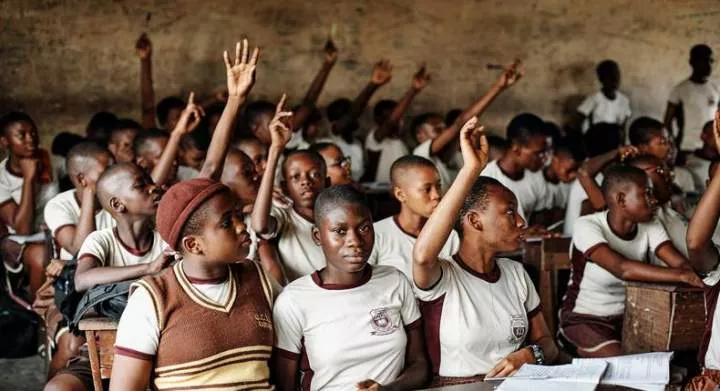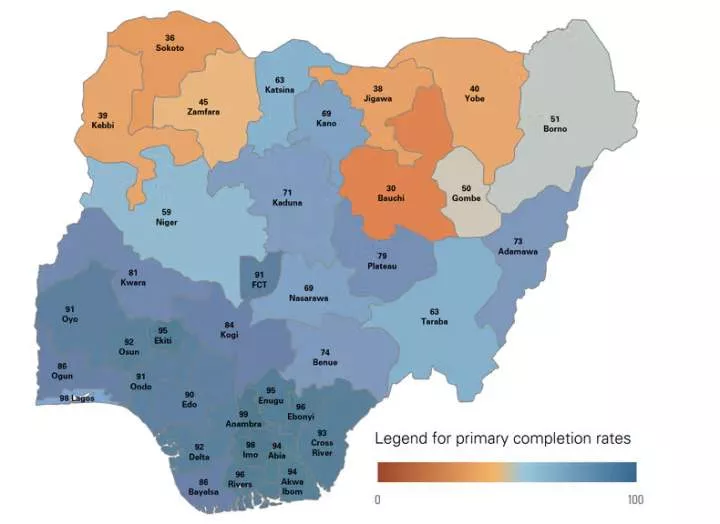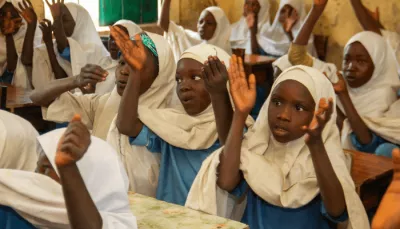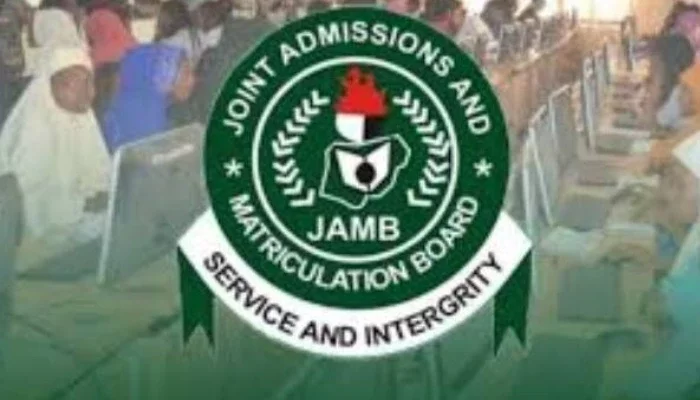
Only 7 per cent of youngsters in the 15-24 age group in Nigeria today have acquired ICT skills, according to the Multiple Indicator Cluster Surveys (MICS) released on Tuesday. The report launched by UNICEF found that 73 per cent of 15-to 24-year-olds in Nigeria are literate, and their literacy was assessed on their ability to read a short simple statement or on their school attendance.
In Nigeria, 26 per cent of children of primary school age are out of school. At the junior secondary school level, the percentage of out-of-school children drops to 25 per cent, and at the senior secondary level, it increases to 34 per cent of children.
The report found that 27 per cent of children aged 7 to 14 have foundational reading skills and 25 per cent have foundational numeracy skills. However, learning gaps were observed along socio-economic lines, with a higher share of urban and wealthy children having foundational reading and numeracy skills.
According to the report, the share of children from the richest quintile possess foundational reading skills - 62 percentage points higher than the share of children from the poorest wealth quintile. In primary school, 97 per cent of children from the wealthiest quintile complete their education, compared to only 34 per cent from the poorest quintile.
Furthermore, while 90 per cent of children from the wealthiest quintile complete senior secondary education, less than 16 per cent of children from the poorest quintile do so.
Across different ethnicities, children from southern states Igbo, Yoruba, Ijaw, Ibibio or Edo ethnicity generally have higher school completion rates than others. Among children who do not complete each level of education, more than 40 per cent belong to Hausa ethnicity.
Across all levels of education, Anambara state has the highest completion rate for primary school level, at 99 per cent. On the other hand, the primary completion rate in the state of Bauchi is less than half of these states, at 30 per cent.

Anambara state has the highest completion rate for primary school level, at 99 per cent. On the other hand, the primary completion rate in the state of Bauchi is less than half of these states, at 30 per cent. Source: MICS Report
Completion rates decline for all levels, although some states, such as Abia and Rivers (on the higher side of the spectrum) and Yobe and Gombe (in the middle of the spectrum), do not show a steep decline in completion rates between primary and junior secondary.
Among children who do not complete primary school, there is a slightly higher share of boys. However, girls account for a greater proportion of those who do not complete senior secondary school.
Across all levels, the majority of children not completing the level reside in rural areas. Among those not completing a level of education, the majority have mothers who have no education.
MICS literacy is assessed on the ability of respondents to read a short, simple statement or based on school attendance. Those who attended lower secondary or higher are counted as literate. However, those who only attended primary school have lower literacy rates, at 11 per cent.
















Comments